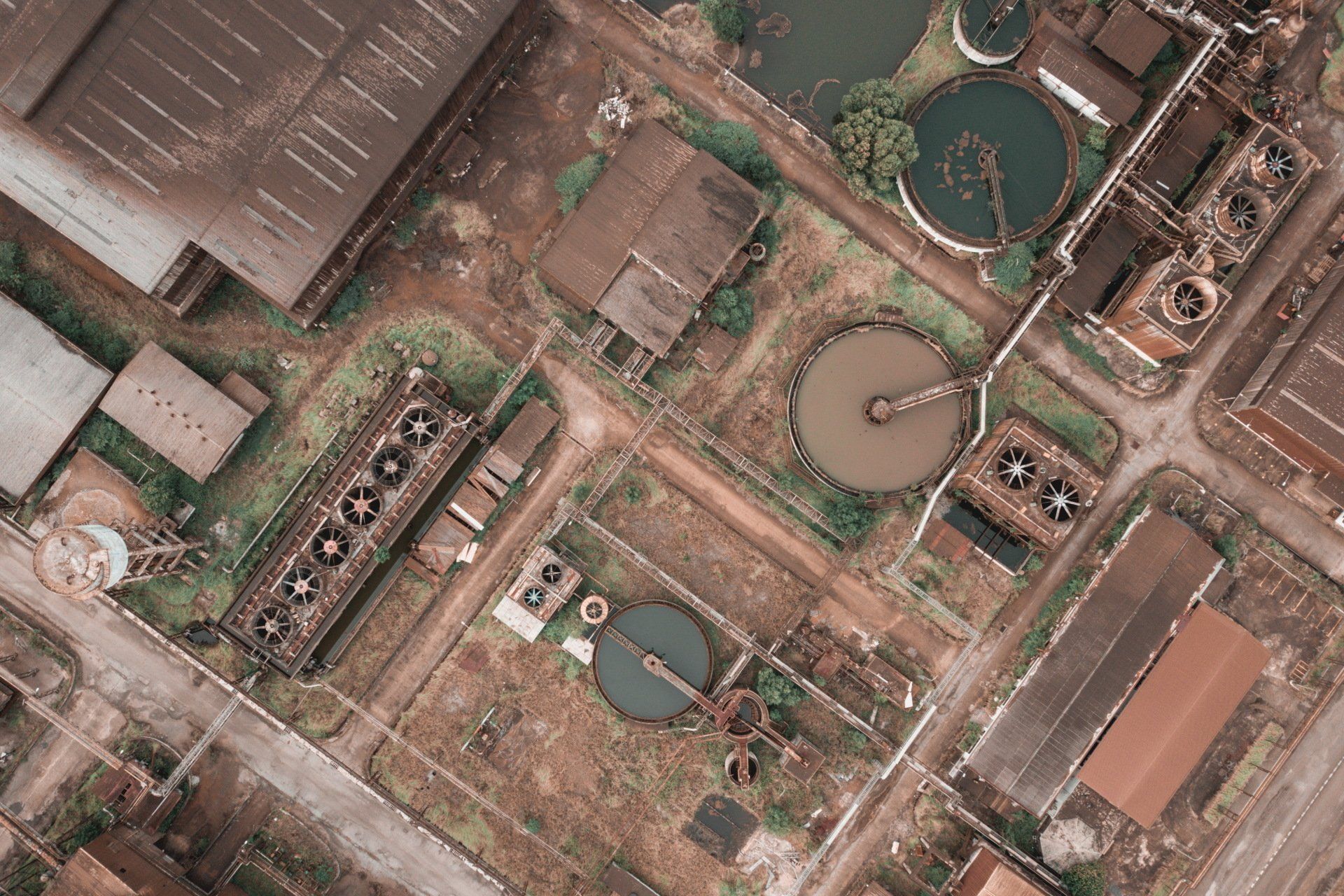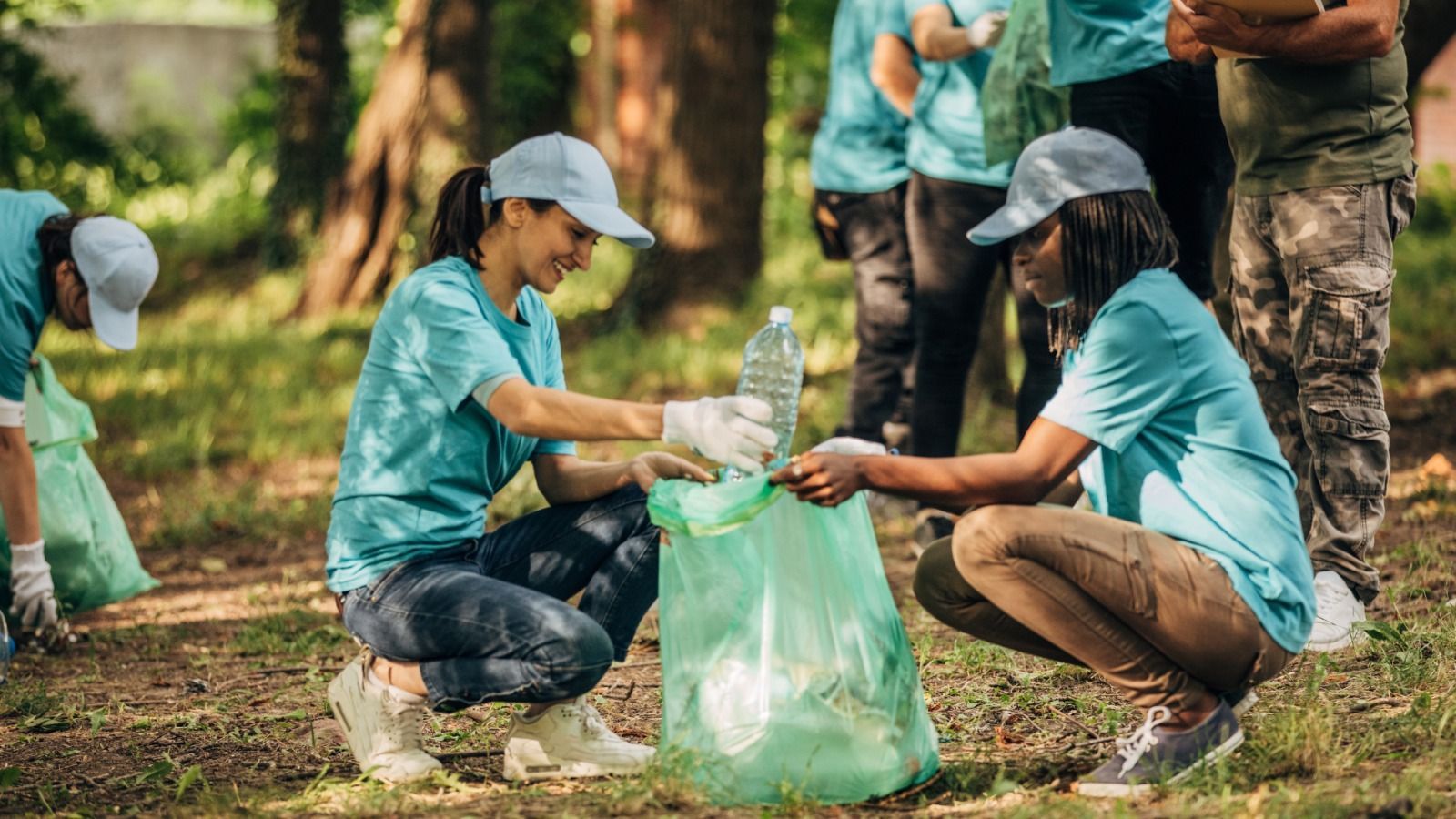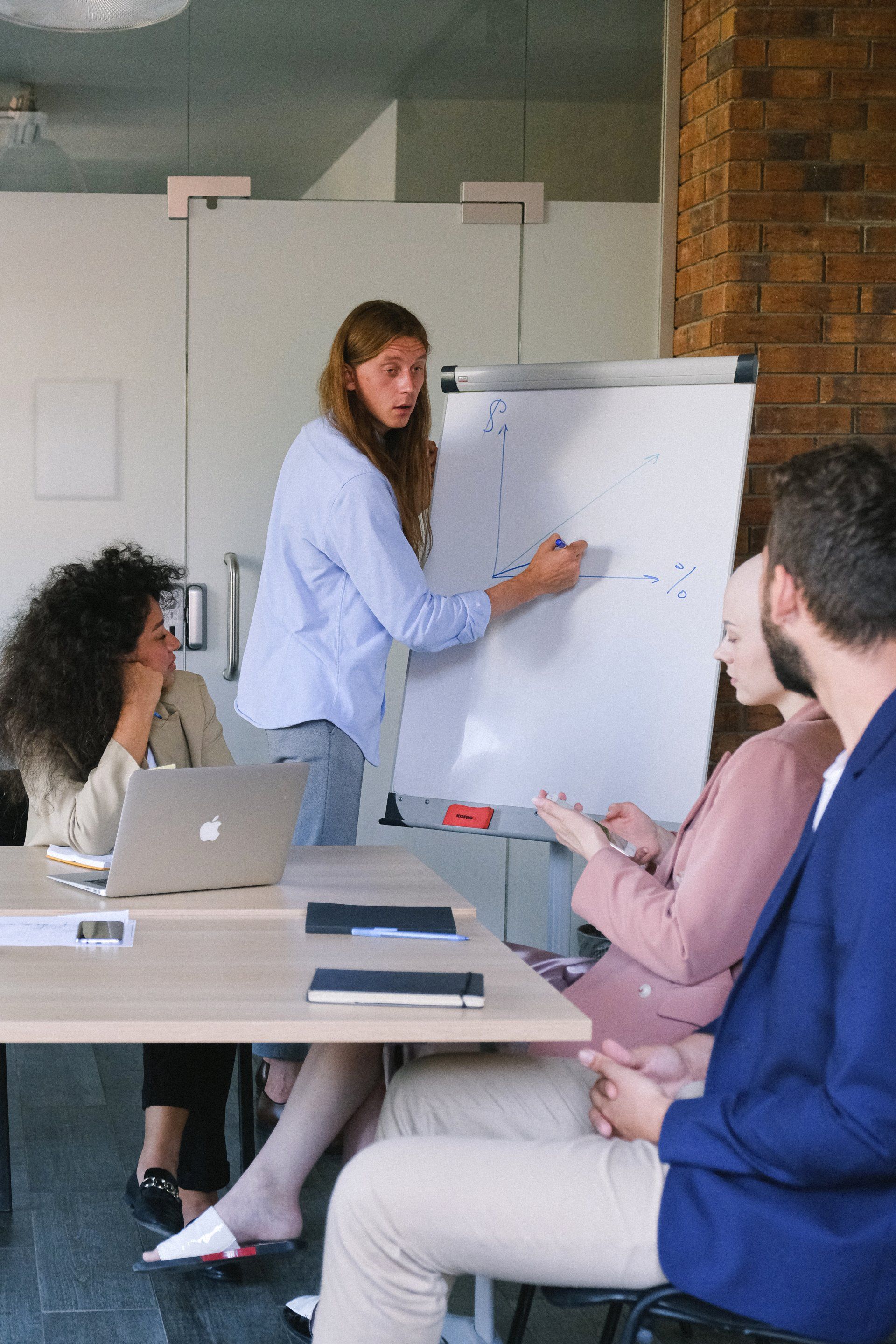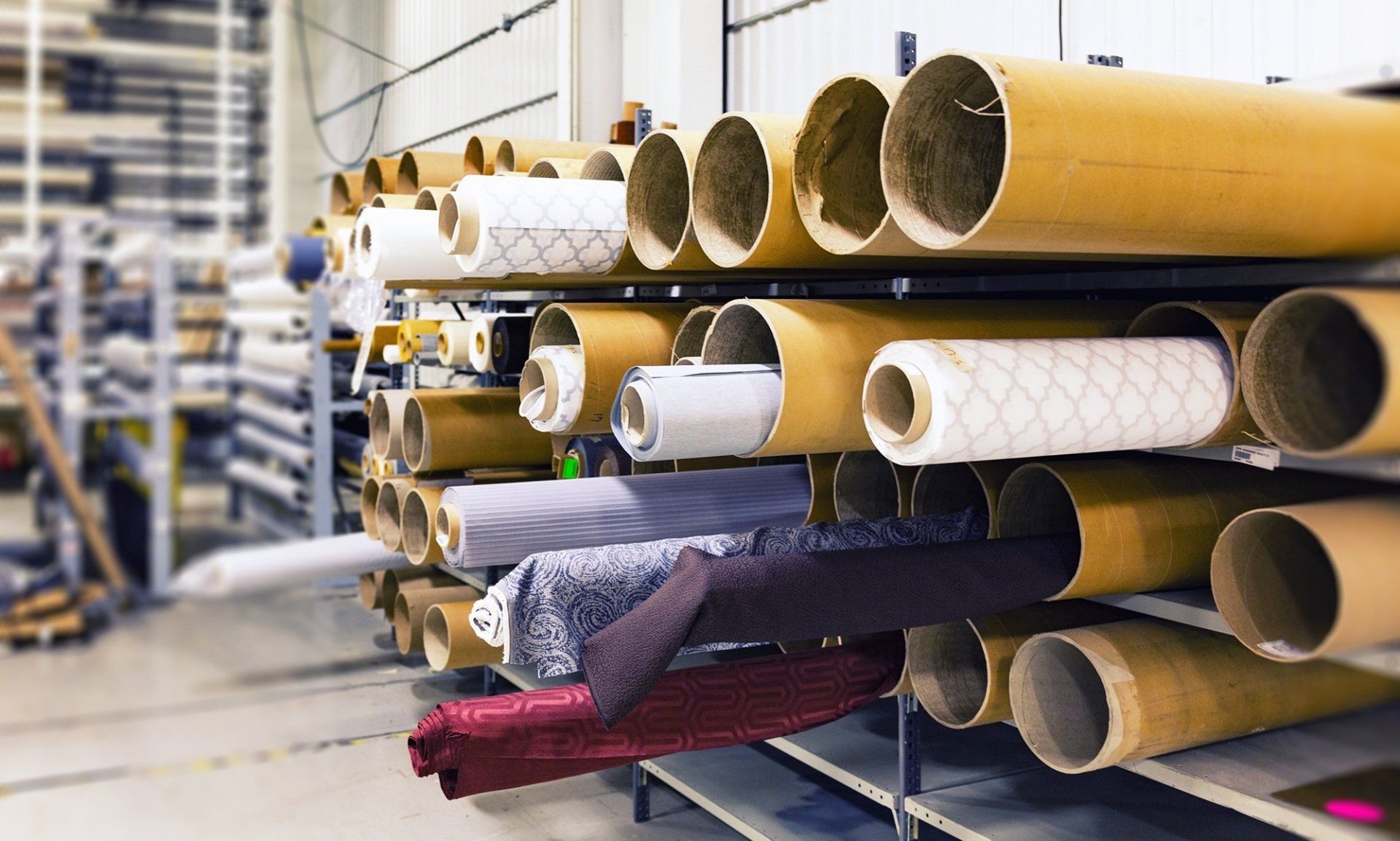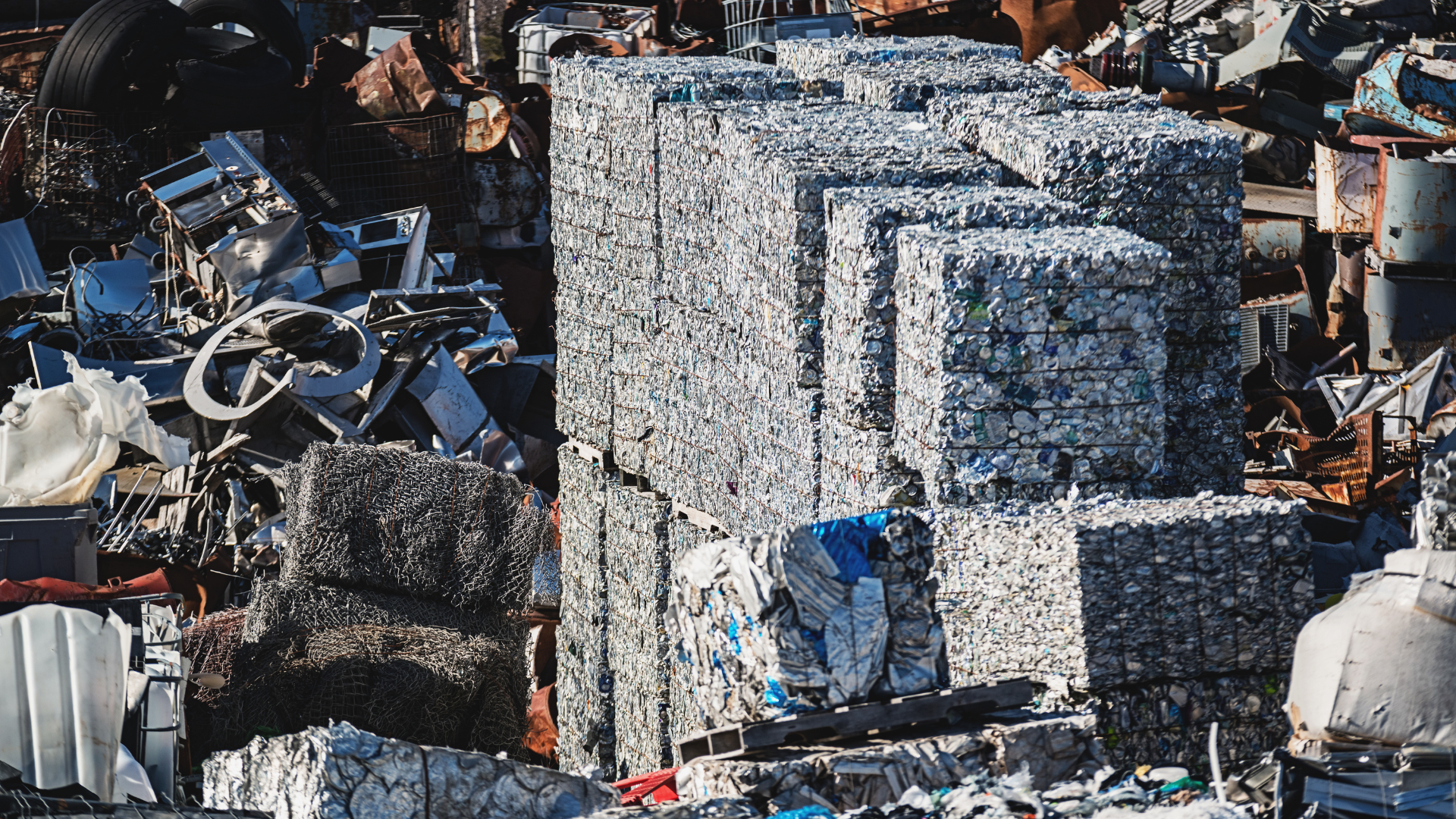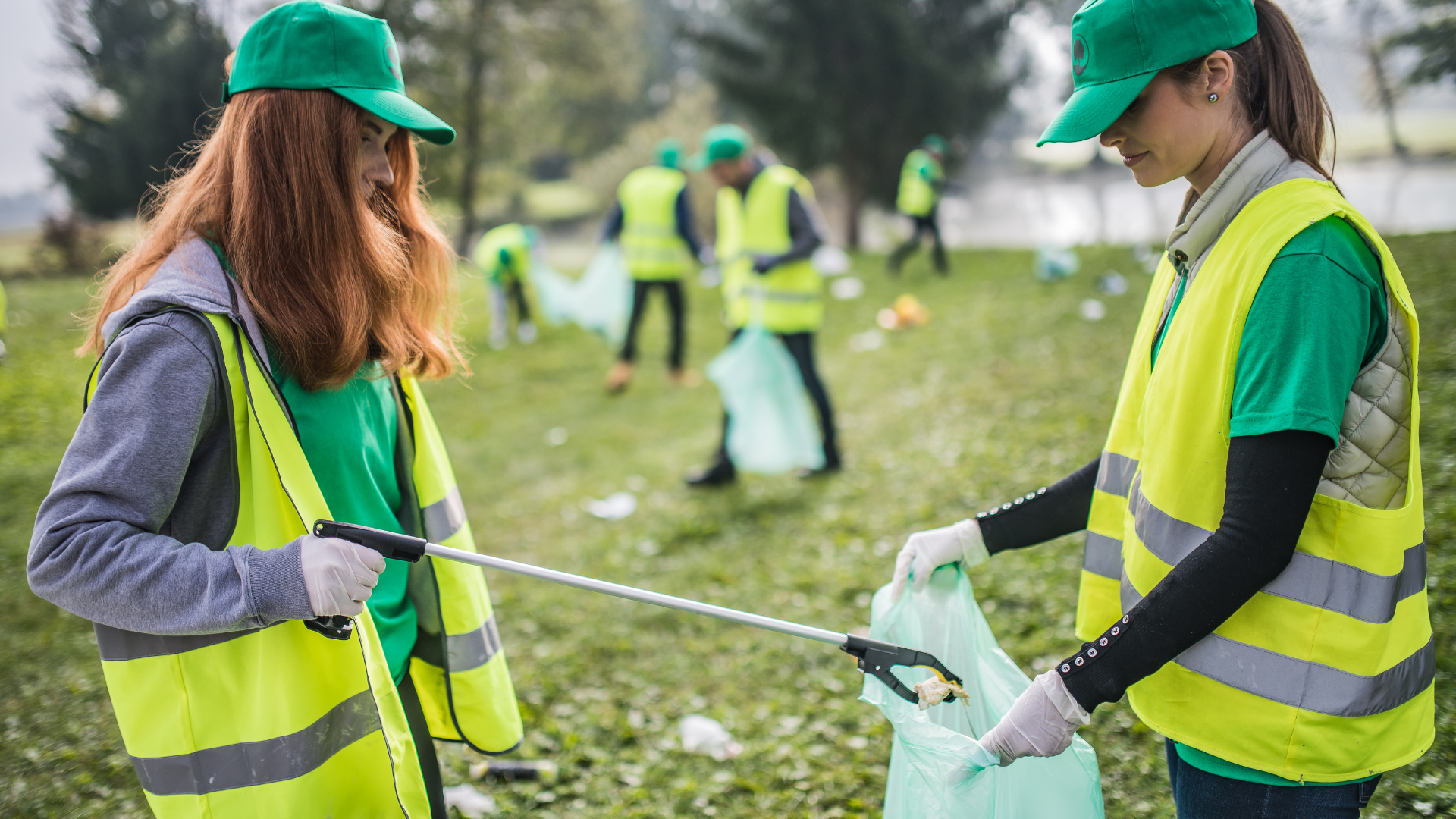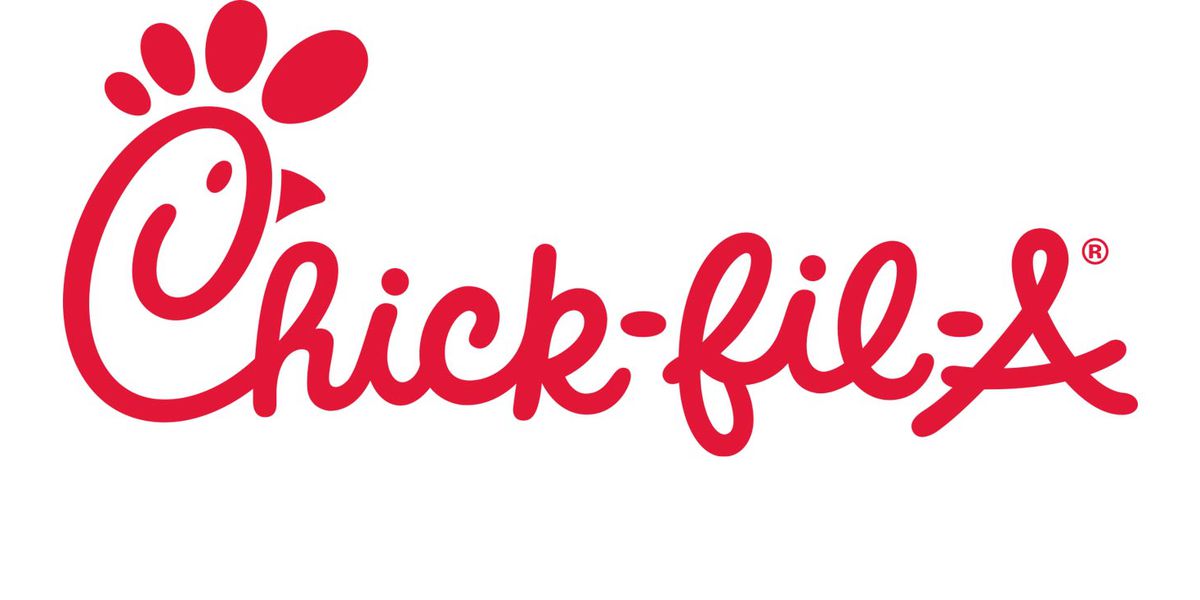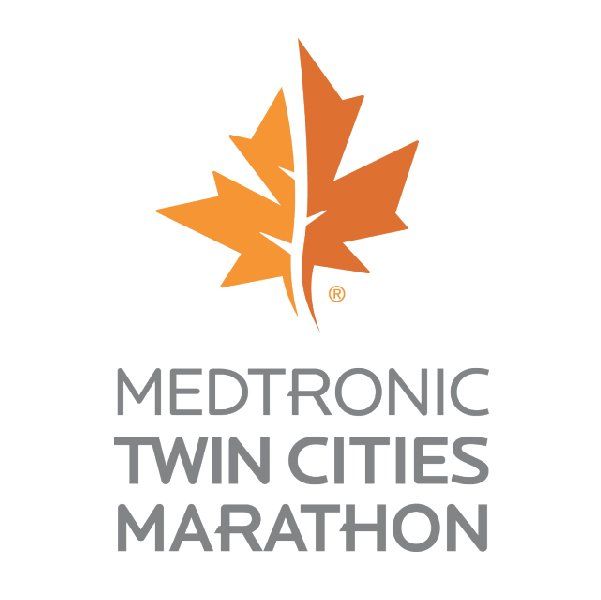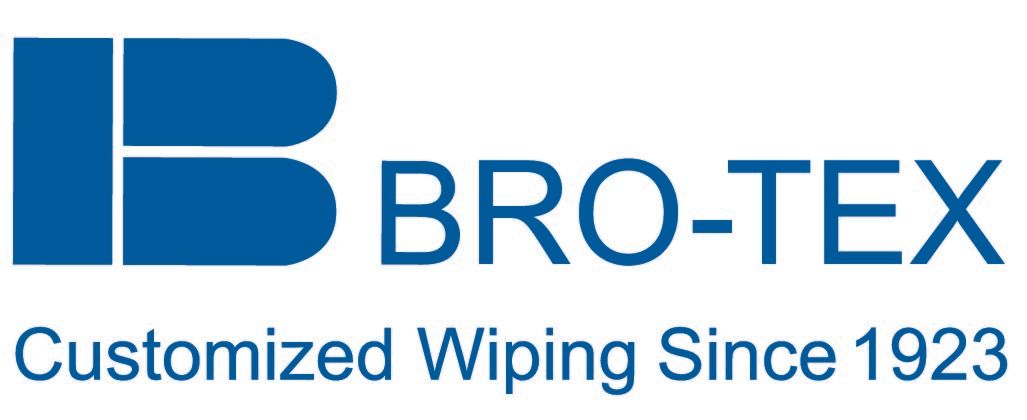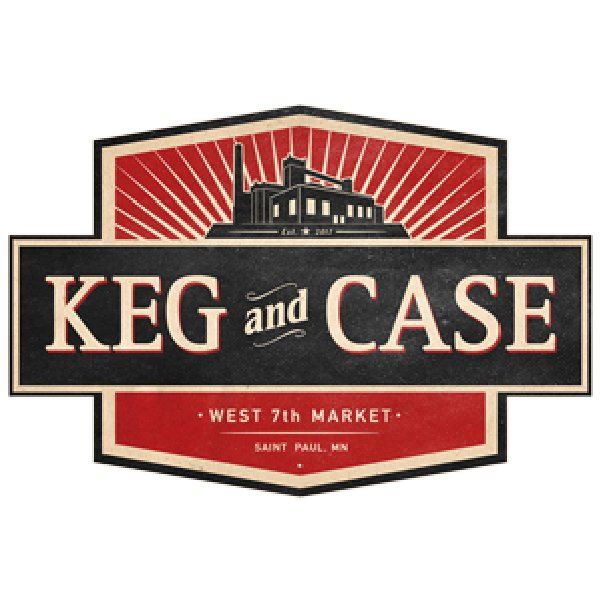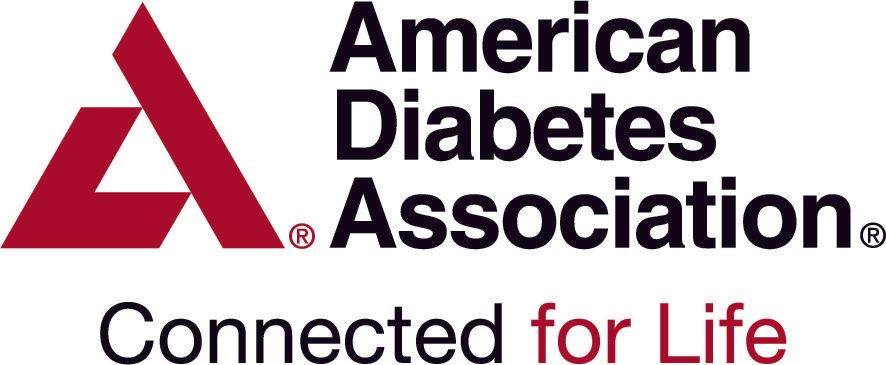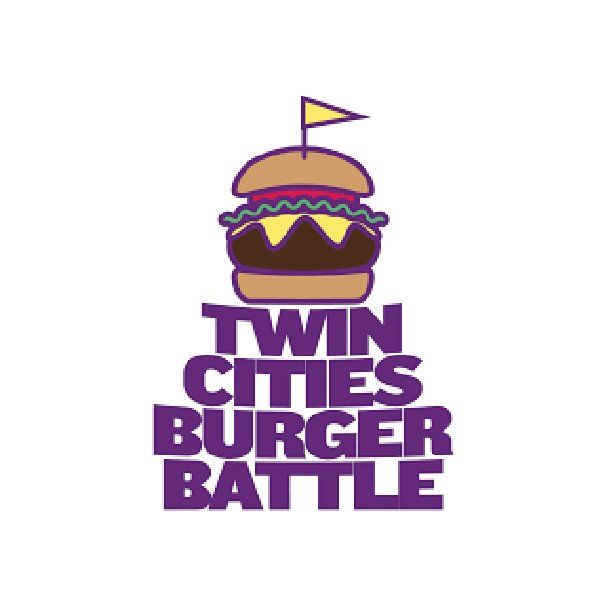The Journey of Trash: Understanding the Environmental Impact of Waste
FIND OUT HOW YOU CAN SAVE OVER 30% ON YOUR WASTE COST
WHILE IMPROVING THE SERVICE LEVEL
We Will Provide A Free Waste Savings Audit.
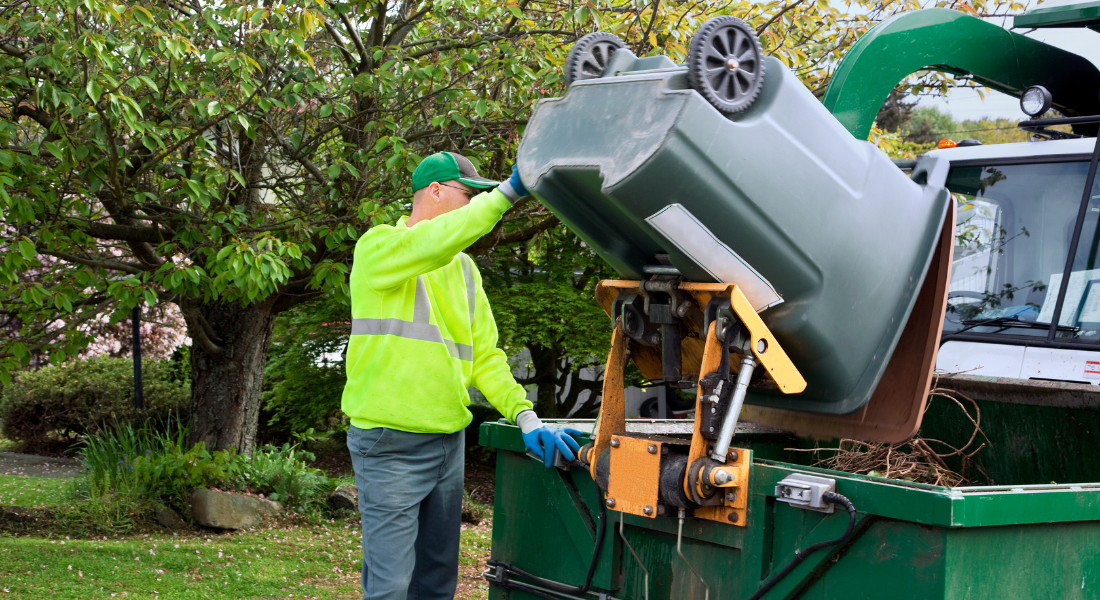
From the moment you toss an empty soda can in the bin to the time it finally decomposes in a landfill, your trash goes on a complex journey that has ripple effects across the planet.
The Staggering Scale of Waste Generation
The average American generates over 4 pounds of municipal solid waste per day, adding up to over 250 million tons per year nationwide. Globally, urban populations produce about 1.3 billion tons of solid waste per year. With the world's trash output expected to increase by 70% by 2050, understanding the life cycle of our waste is crucial.
Stage 1: Disposal and Collection
The first step for your trash is disposal into a waste receptacle. Common methods include:
- Landfills: Over 50% of waste in the U.S. and 70% globally ends up in landfills. While modern landfills are designed to contain leachate and methane, they remain major sources of greenhouse gas emissions.
- Incineration: Roughly 10% of U.S. trash is incinerated, which generates air pollution and toxic ash while wasting recoverable resources.
- Recycling: Around 25-30% of waste in the U.S. is recycled. When done properly, recycling reduces landfill contributions, conserves resources, and prevents pollution.
- Composting: Composting food and yard waste diverts over 20% of landfill waste while creating nutrient-rich soil. However, many municipalities don't offer composting.
After disposal, waste collection trucks transport trash to transfer stations or directly to landfills and recycling centers. Fuel used in this transportation stage also contributes to the carbon footprint of our waste.
Stage 2: Processing and Sorting
Once unloaded at a materials recovery facility, recycling goes through a rigorous sorting process relying on conveyor belts, magnets, and manual labor to separate paper, plastic, glass, and metals. Recyclables are then compressed into bales and sold to processing facilities.
Food waste and yard trimmings sent to industrial composting sites are shredded, screened to remove contaminants, and decomposed through controlled aeration and moisture levels. The finished compost is then bagged and sold.
Meanwhile, ordinary trash is compacted at transfer stations before being loaded onto trucks bound for landfills.
Stage 3: Decomposition and Breakdown
In properly managed landfills, trash is spread out, compacted, and buried under layers of soil. Here waste slowly decomposes, producing landfill gas and leachate.
Organic waste like food and paper decompose through microbial digestion, while materials like glass and metals remain intact. Plastics also persist due to their complex chemical structure.
The breakdown of organic matter leads to methane emissions—a potent greenhouse gas contributing to climate change. Modern landfills install gas collection systems to capture methane for flaring or energy production.
Liquid leachate formed when rainwater filters through trash can contaminate groundwater if not properly contained. Modern landfill liners prevent leachate from entering the surrounding soil.
Your Role in the Life Cycle
While our waste management systems have improved, reducing waste generation remains crucial. Here are some ways you can minimize your impact:
- Cut down on packaging waste by choosing products with minimal, recyclable, or compostable packaging.
- Refuse single-use plastics like straws, bags, and cutlery when possible.
- Compost food scraps to divert organic waste from landfills. Many cities offer curbside pickup.
- Donate or repair items instead of tossing them out. Support charities and repair businesses.
- Educate yourself on proper recycling methods for your municipality to minimize contamination.
- Advocate for better legislation around waste management and recycling in your community.
Building a Circular Economy
To achieve sustainability, we must transition from our linear "take, make, dispose" economy to a circular model where waste is minimized and resources recirculate. This will require innovations like:
- Biodegradable plastics made from materials like PLA that break down through composting.
- Methane capture systems at landfills and farms to convert the gas into renewable energy.
- Advanced recycling technology to process and recover resources from complex materials.
- Product and packaging redesign to maximize recyclability and reuse.
- Zero-waste manufacturing that eliminates excess waste through lean processes.
Through a combination of individual actions, business initiatives, and policy reform, we can transform our relationship with waste and build a cleaner future.
Contact VanellaGroupMn to Learn About Sustainable Waste Solutions
To learn more about reducing your environmental footprint through better waste management, visit the
VanellaGroupMn website today. Together, we can rethink waste.
TVG Waste Consulting provides proactive environmental consulting services. We're dedicated to saving you time, money, and making sure you have a custom solution to meet your needs. Contact us today!
Our Recent Articles
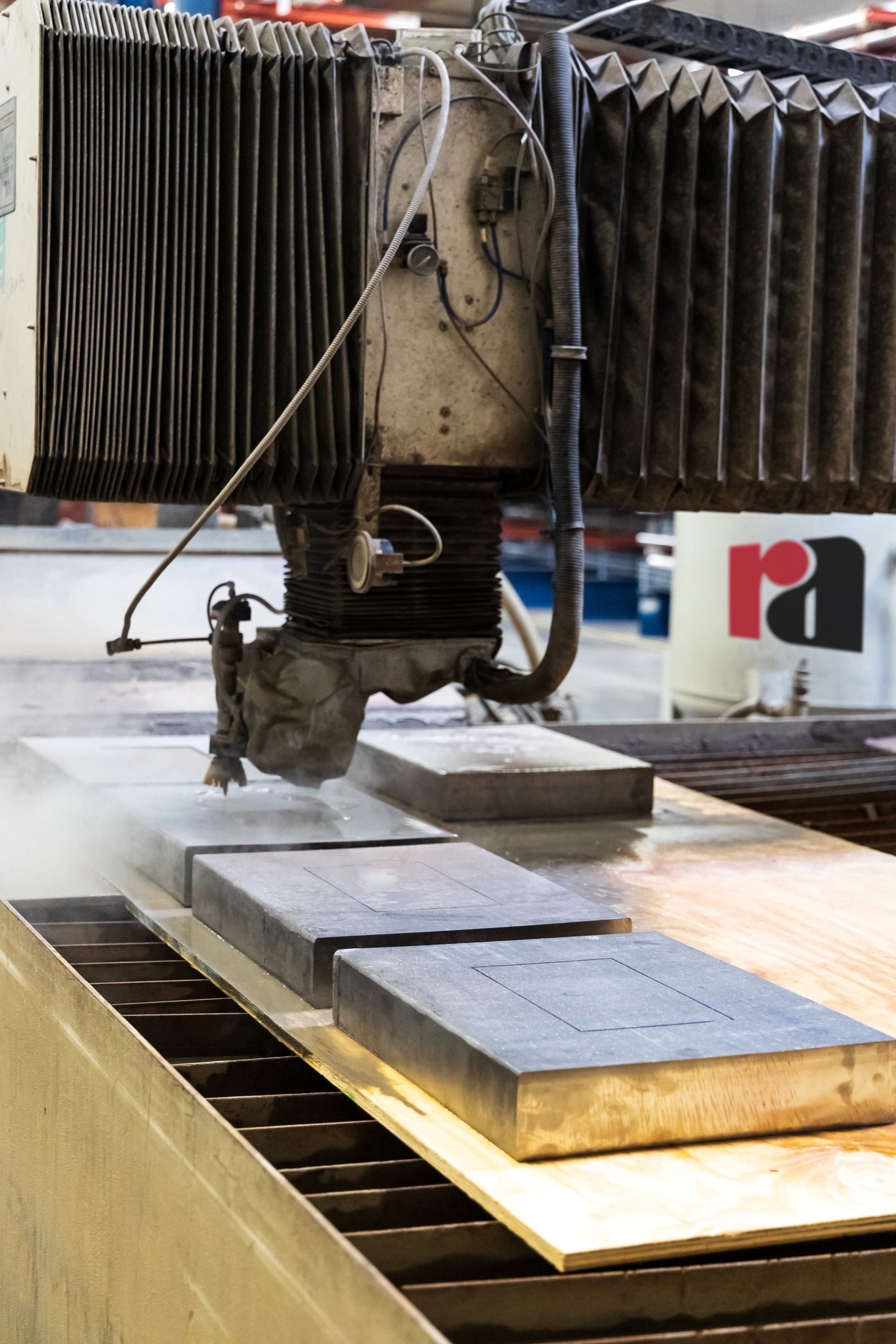
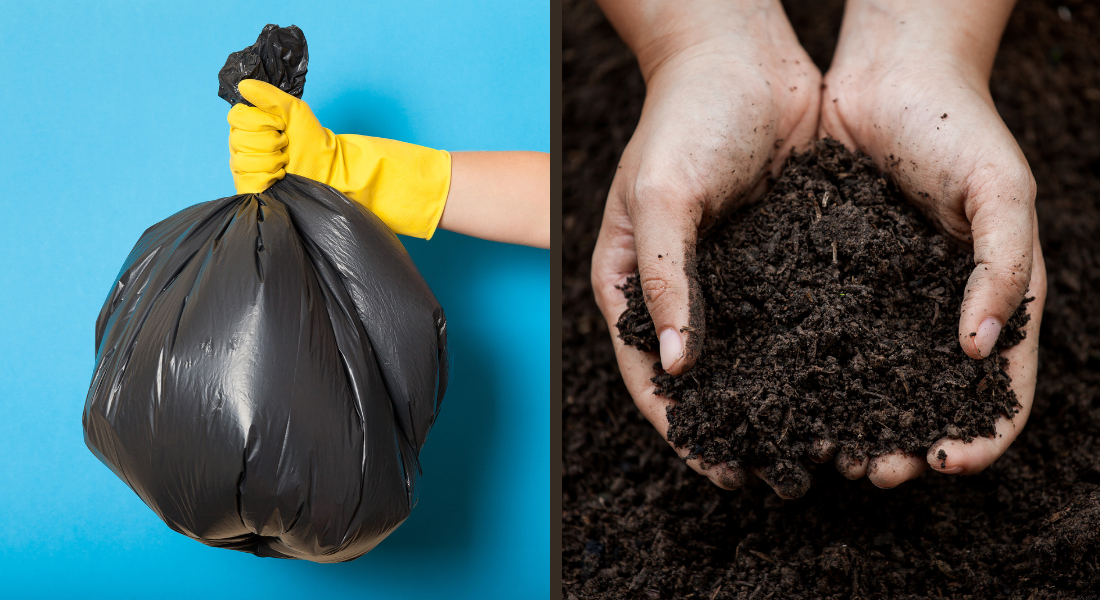
FIND OUT HOW YOU CAN SAVE OVER 30% ON YOUR WASTE COST
WHILE IMPROVING THE SERVICE LEVEL
We Will Provide A Free Waste Savings Audit.


